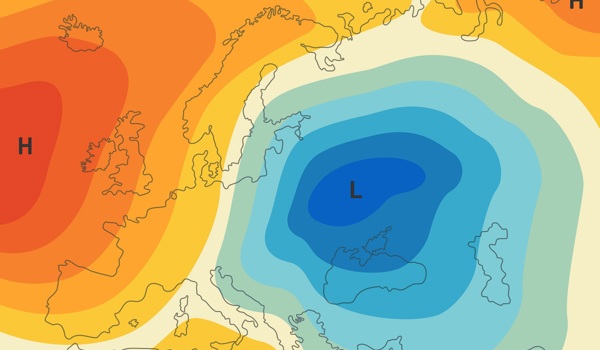03 Feb 2020
Scots should get ready for more frequent heatwaves, experts say
Analysis of UK climate projections by university researchers and Met Office staff suggest a substantial increase in the likelihood of temperatures reaching 2018’s levels between now and 2050

Dry, hot summers – similar to the one Scotland experienced in 2018 – are set to become the norm and the country should prepare accordingly, researchers say.
Analysis of UK climate projections by university researchers and Met Office staff suggest a substantial increase in the likelihood of temperatures reaching 2018’s levels between now and 2050. There is also the possibility that, towards the end of the century, every summer will be as hot as 2018, unless substantial cuts in greenhouse gas emissions are made, the scientists say.
Conditions in summer 2018 were, for Scotland, unusually hot with a high of 31.9C recorded at Bishopton in Renfrewshire. Temperatures in the low 30s were observed at several sites in the central belt on the same day. Human influences had made the heatwave more likely, the researchers say.
Researchers at the Universities of Edinburgh and Oxford, and the Met Office, say the country should start planning now to deal with more frequent higher temperatures, brought about as a result of climate change.
“Despite its cool climate, Scotland must start to prepare now for the impact of high-temperature extremes. The bottom line is that heatwaves have become more likely because of human-induced climate change.”
The team made its forecasts using a new generation of climate models. Each model is based on mathematical depictions of the physics, chemistry and biology of the atmosphere, land and sea. The scientists also account for the effects of human activity – past, present and predicted future – to build a clearer picture of long-term changes in climate and understand how humanity has changed the risk of such events.
Researchers say their analysis demonstrates the need for sustainable long-term planning. Costly special measures were implemented to deal with the adverse effects of the 2018 heatwave, which had most impact on rural areas, transport systems and water infrastructure. The Edinburgh team interviewed a range of people working for organisations that dealt with the impact of the 2018 heatwave. The researchers also analysed media coverage. They concluded that Scotland had been largely able to cope with the hot weather, but with some difficulty. Many interviewees, however, said that dealing with such heatwaves in successive years would have been very challenging, particularly given the substantial costs needed to deal with its impact.
Lead researcher Professor Simon Tett, of the University of Edinburgh’s School of GeoSciences, said: “Despite its cool climate, Scotland must start to prepare now for the impact of high-temperature extremes. The bottom line is that heatwaves have become more likely because of human-induced climate change.”
The study, funded by ClimateXchange, is published online by IOPscience: https://edin.ac/2RA2abK



